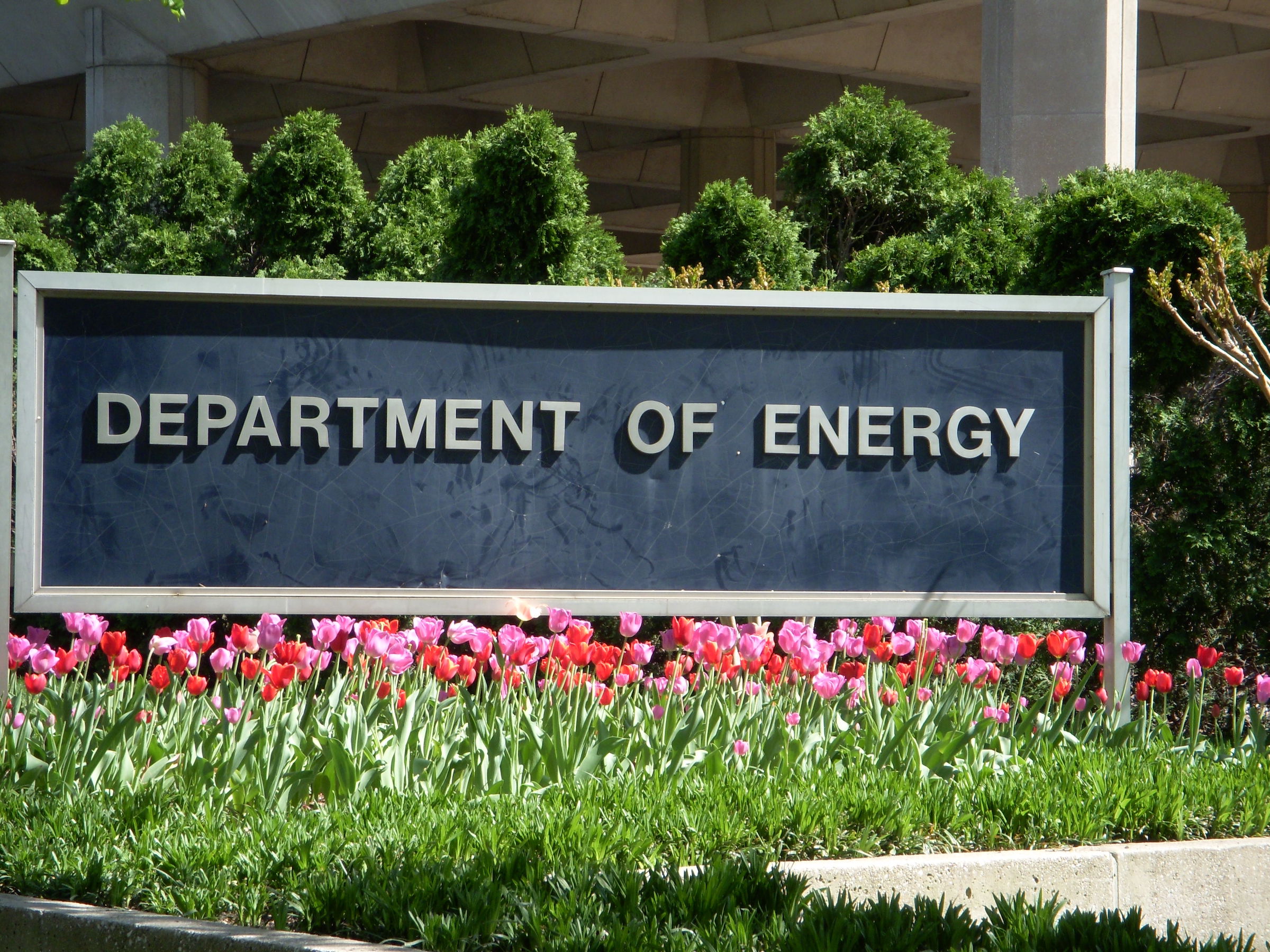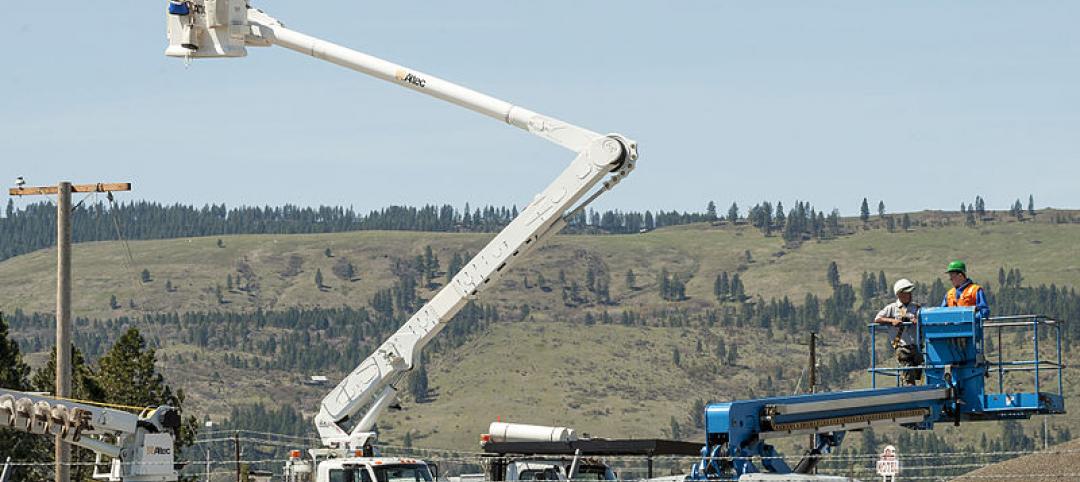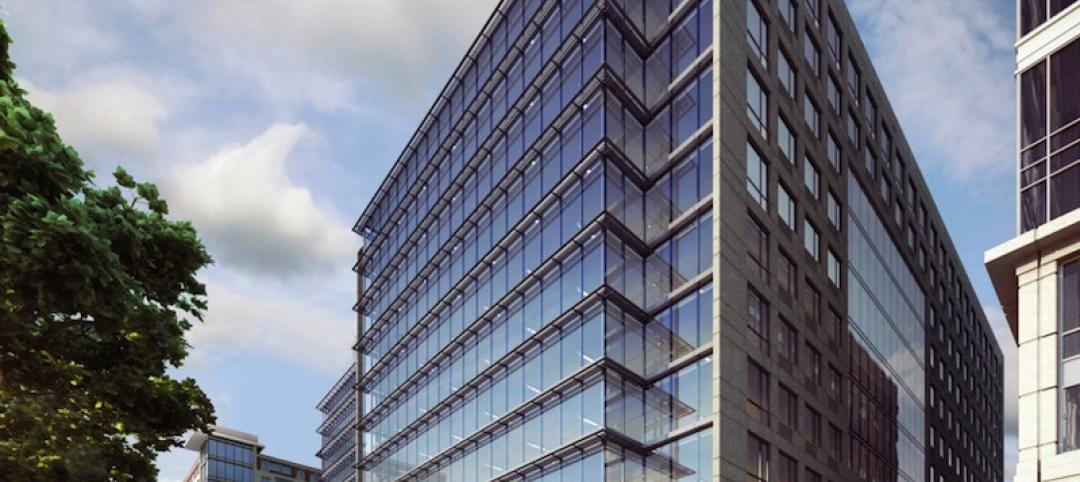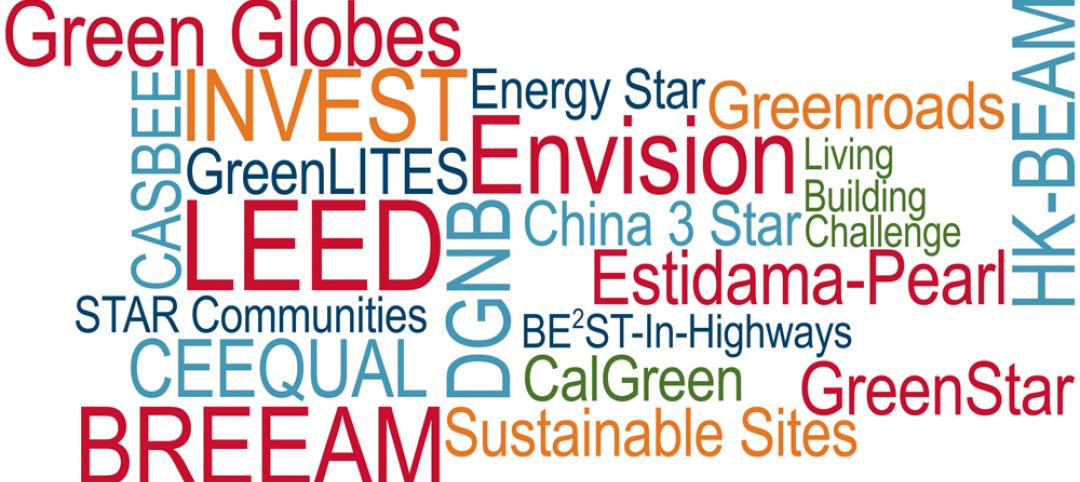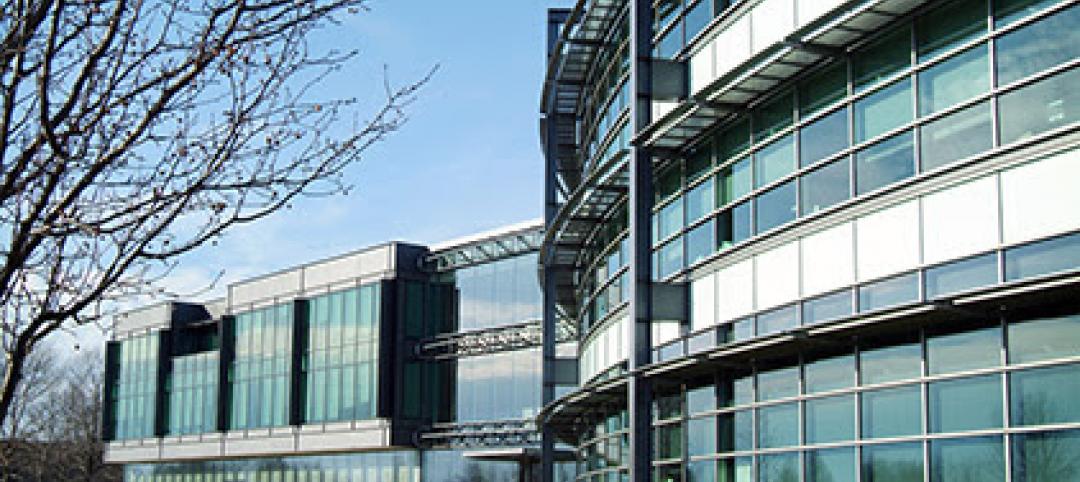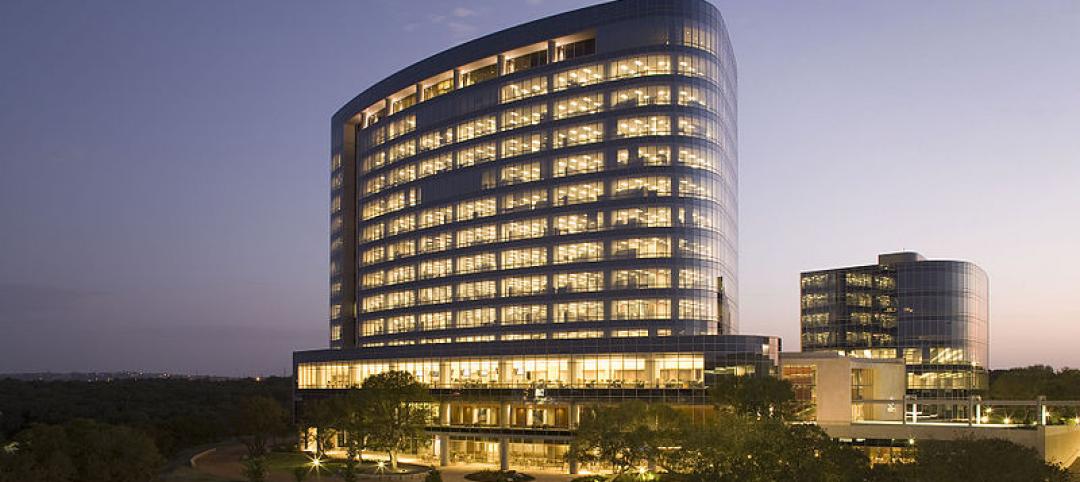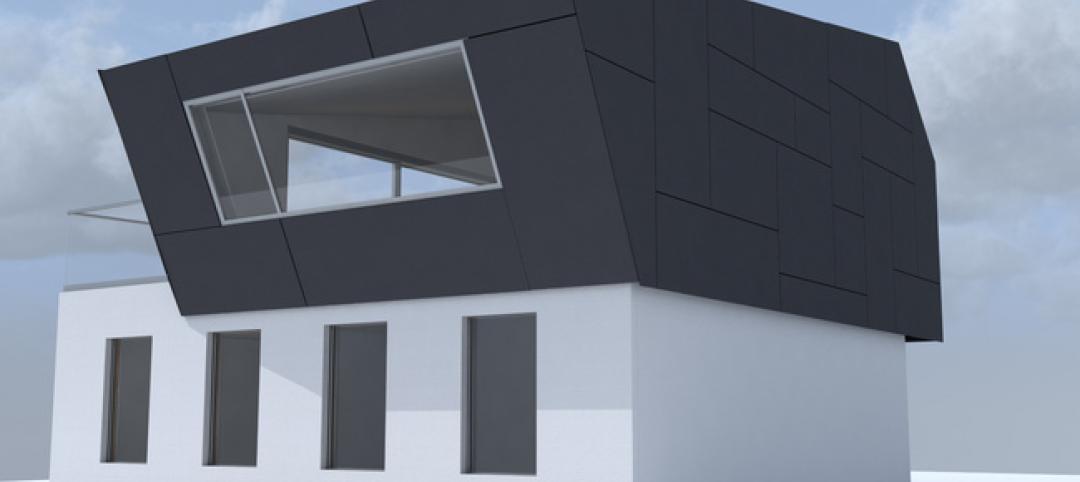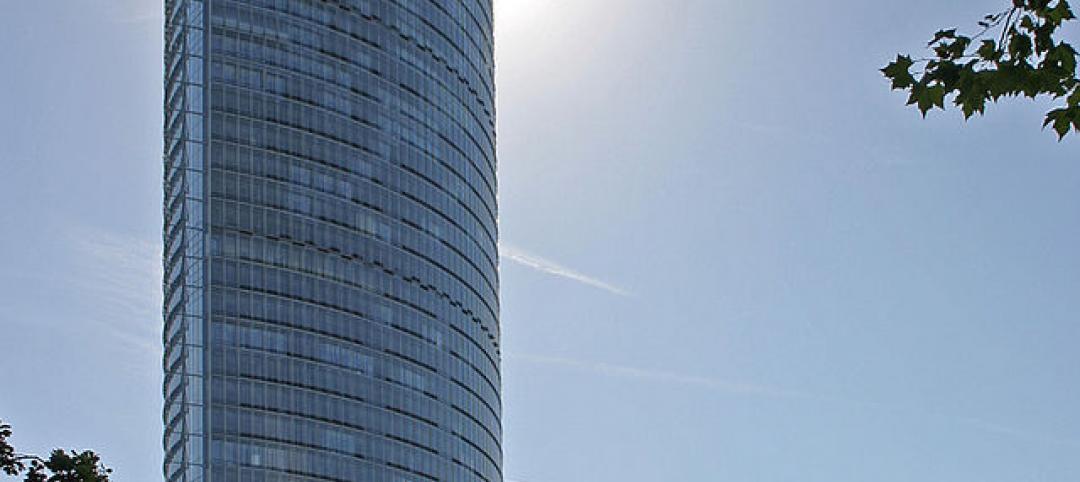The Buildings Upgrade Prize (Buildings UP) sponsored by the U.S. Department of Energy is offering more than $22 million in cash prizes and technical assistance to teams across America. Prize recipients will be selected based on their ideas to accelerate widespread, equitable energy efficiency and building electrification upgrades.
In Phase 1 of Buildings UP, teams will submit innovative concepts to increase building energy upgrades within one of two pathways: “Equity-Centered Innovation” or “Open Innovation.” Winning “Equity-Centered Innovation” teams, focused on delivering upgrades to low- and moderate-income homes; small, disadvantaged businesses; and other equity-eligible buildings, will receive $400,000 in cash.
Winning “Open Innovation” teams will receive $200,000 in cash. Winners from both pathways will also receive expert technical assistance and coaching to help bring their ideas to life. Community-based organizations, state and local governments, Indian tribes, building owners, utilities, nonprofit organizations, energy efficiency program implementers, and other organizations are encouraged to team up and apply.
“We have a once-in-a-generation opportunity to leverage billions of dollars in funding available through the Bipartisan Infrastructure Law, the Inflation Reduction Act, utility rebate programs, and many other sources to upgrade our existing buildings and help address climate change,” said Alejandro Moreno, Acting Assistant Secretary for Energy Efficiency and Renewable Energy. “Transforming existing buildings is a complex task. Each building has its own set of needs related to size, use, age, location, and more—there is no one-size-fits-all solution. Buildings UP is designed to build capacity within multi-stakeholder teams to develop a variety of solutions and drive the implementation of effective building upgrade initiatives across the country.”
Here is the full release form the U.S. Department of Energy:
The Buildings Upgrade Prize (Buildings UP) is offering more than $22 million in cash prizes and technical assistance to teams across America with winning ideas to accelerate widespread, equitable energy efficiency and building electrification upgrades.
“We have a once-in-a-generation opportunity to leverage billions of dollars in funding available through the Bipartisan Infrastructure Law, the Inflation Reduction Act, utility rebate programs, and many other sources to upgrade our existing buildings and help address climate change,” said Alejandro Moreno, Acting Assistant Secretary for Energy Efficiency and Renewable Energy. “Transforming existing buildings is a complex task. Each building has its own set of needs related to size, use, age, location, and more—there is no one-size-fits-all solution. Buildings UP is designed to build capacity within multi-stakeholder teams to develop a variety of solutions and drive the implementation of effective building upgrade initiatives across the country.”
Upgrading existing buildings to efficiently run on clean energy will help address climate change. Solutions can be varied and may include adoption of efficient electric equipment and appliances, including heat pumps and heat pump water heaters, as well as enhanced building efficiency through measures such as insulation and air sealing. Together, these efforts will help reduce carbon emissions and energy costs while improving indoor air quality and occupant comfort.
In Phase 1 of Buildings UP, teams will submit innovative concepts to increase building energy upgrades, choosing to enter one of two pathways: “Equity-Centered Innovation” or “Open Innovation.” Winning “Equity-Centered Innovation” teams, focused on delivering upgrades to low- and moderate-income homes; small, disadvantaged businesses; and other equity-eligible buildings, will receive $400,000 in cash. Winning “Open Innovation” teams will receive $200,000 in cash. Winners from both pathways will also receive expert technical assistance and coaching to help bring their ideas to life.
Community-based organizations, state and local governments, Indian tribes, building owners, utilities, nonprofit organizations, energy efficiency program implementers, and other organizations are encouraged to team up and apply. Phase 1 opens for submissions on February 18, 2023.
Up to 50 Application Support Prizes of $5,000 and 10 hours of technical assistance are available to help new and under-resourced teams complete Phase 1 applications. The Application Support Prize opens for submissions on Jan. 18, 2023, and will be awarded on a rolling basis until funds are expended.
Buildings UP is administered by the National Renewable Energy Laboratory and is part of the American-Made program, which fast-tracks innovation through prizes, training, teaming, and mentoring. Teams competing in Buildings UP will have access to the American-Made Network, connecting the nation’s entrepreneurs and innovators to America’s national labs and the private sector. Mentoring, tools, resources, and support through the American-Made Network help accelerate the transition of ideas into real-world solutions to achieve clean energy goals.
Buildings UP was developed and funded by the U.S. Department of Energy Building Technologies Office as part of its overall mission to reduce the carbon footprint of the U.S. building stock while maintaining or improving affordability, comfort, and performance.
Follow Buildings UP on HeroX.com for all prize-related updates. Phase 1 submissions are due by July 18, 2023.
Related Stories
| Oct 2, 2014
11 projects receive Affordable Green Neighborhoods grants from BoA, USGBC
Each of these neighborhood redevelopment projects are notable for their planned affordable housing, compact design, commitment to green building and sites located near transit or other existing amenities.
| Sep 29, 2014
Living Building vs. LEED Platinum: Comparing the first costs and savings
Skanska USA's Steve Clem breaks down the costs and benefits of various ultra-green building standards and practices.
| Sep 29, 2014
Report finds links between office design, health and productivity
A new report from the World Green Building Council finds “overwhelming evidence” to support office design as a significant influencer of the health, wellbeing and productivity of staff.
| Sep 15, 2014
Sustainability rating systems: Are they doomed?
None of the hundreds of existing green building rating systems is perfect. Some of them are too documentation-heavy. Some increase short-term project cost. Some aren’t rigorous enough or include contentious issues, writes HDR's Michaella Wittmann.
| Sep 12, 2014
Armstrong first in Pennsylvania to earn LEED Platinum recertification from USGBC
The Armstrong facility is the first building in Pennsylvania and among only 17 buildings globally to achieve recertification at the highest level possible under USGBC’s LEED-EBOM program.
| Sep 7, 2014
USGBC + American Chemistry Council: Unlikely partners in green building
In this new partnership, LEED will benefit from the materials expertise of ACC and its member companies. We believe this has the potential to be transformational, writes Skanska USA's President and CEO Michael McNally.
| Sep 3, 2014
New designation launched to streamline LEED review process
The LEED Proven Provider designation is designed to minimize the need for additional work during the project review process.
| Jul 30, 2014
German students design rooftop solar panels that double as housing
Students at the Frankfurt University of Applied Sciences designed a solar panel that can double as living space for the Solar Decathlon Europe.
| Jul 28, 2014
Post Tower Wins CTBUH 10-Year Award
The 10 Year Award recognizes proven value and performance in a tall building, across one or more of a wide range of criteria, over a period of 10 years since its completion.


